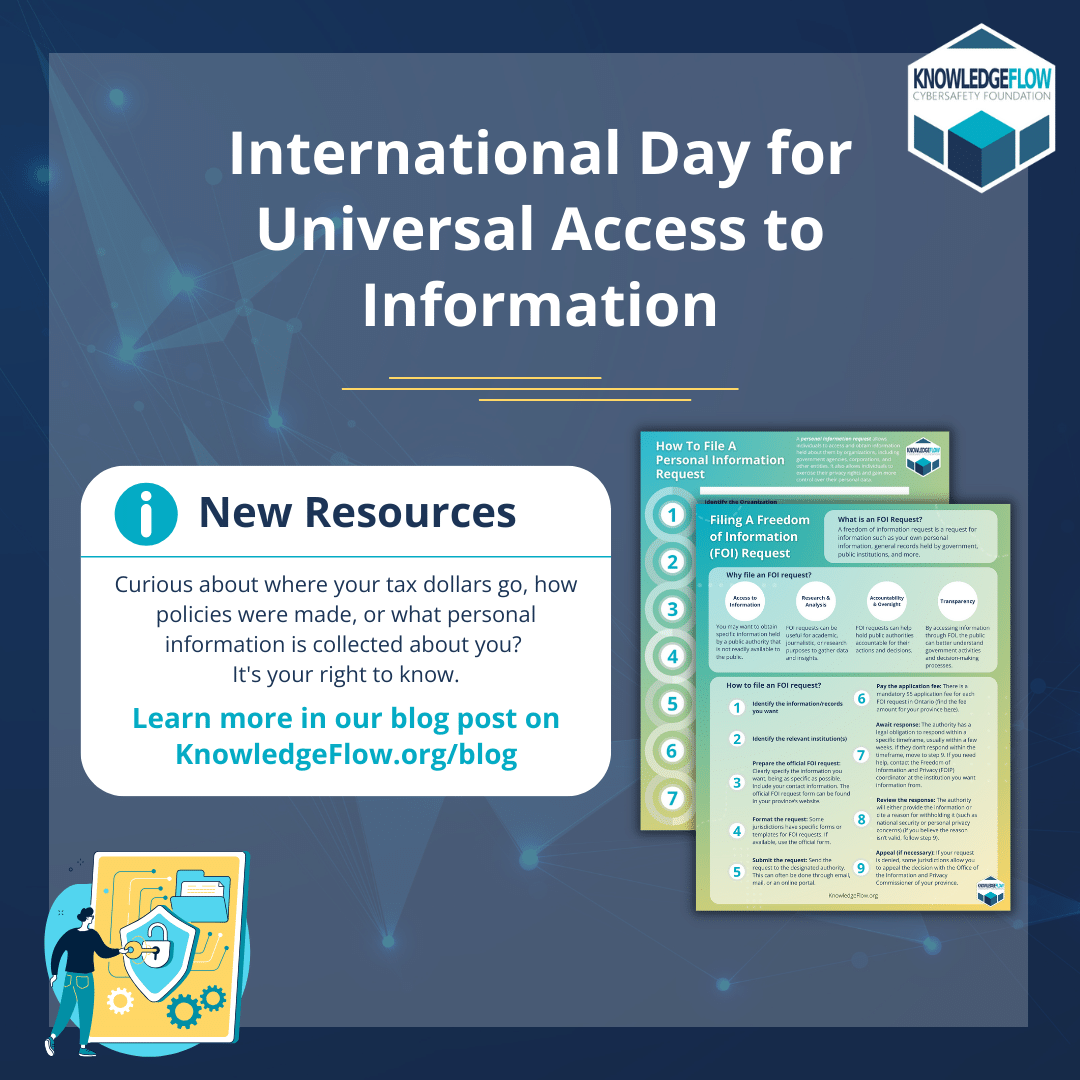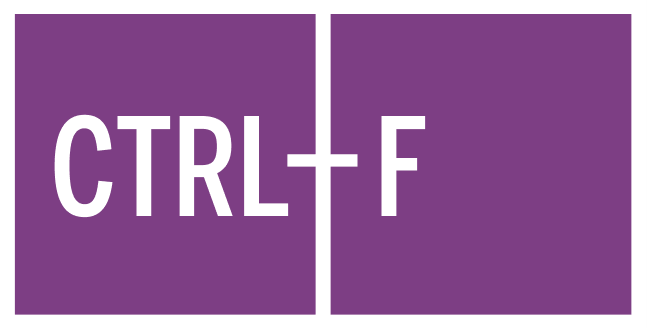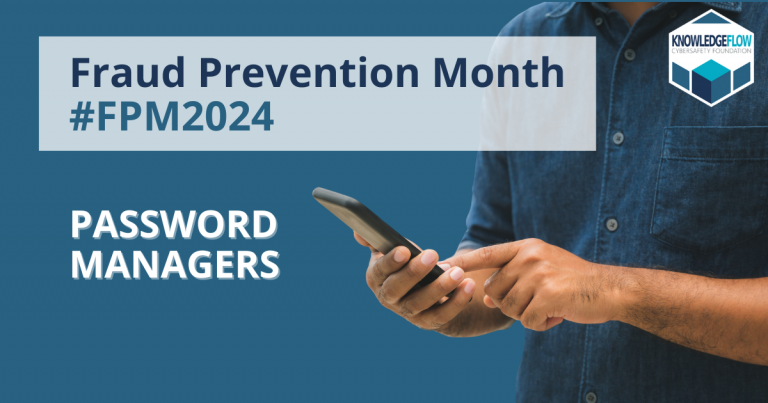2023 International day for Universal Access to Information
Did you know that September 28 is the International Day for Universal Access to Information? This day was proclaimed by the United Nations General Assembly in 2019 to recognize the significance of access to information as a fundamental human right and an essential tool for democracy, development and equality.

Universal access to information means that everyone has the right to seek, receive and impart information, especially from public authorities and institutions. This right enables citizens to participate in public affairs, hold governments accountable, expose corruption, protect human rights, promote social justice and foster innovation.
The history of access to information dates back to the aftermath of the Second World War, when the first UN General Assembly declared that “freedom of information is a fundamental human right and is the touchstone of all the freedoms to which the United Nations is consecrated” in 1946. Since then, many countries have adopted laws and policies to guarantee this right and ensure transparency and openness in their governance.
In Canada, the first freedom of information law was passed by Nova Scotia in 1977, followed by several other provinces and the federal government in the 1980s. These laws give Canadian citizens, permanent residents, and individuals or corporations present in Canada the right to access records under the control of federal or provincial government institutions, subject to certain exemptions and exclusions.
However, Canada’s access to information system has been criticized for being outdated, inefficient and overly secretive. According to a report by the Centre for Law and Democracy in 2021, Canada ranked 59th out of 128 countries in terms of its legal framework for access to information. Some of the challenges faced by requesters include long delays, high fees, excessive redactions, lack of oversight and enforcement, and limited scope of coverage.
To address these issues, the federal government passed Bill C-58 in 2019, which introduced some amendments to the Universal Access to Information Act and the Privacy Act. These amendments include giving the Information Commissioner the power to make binding orders for the release of records, eliminating all fees apart from the $5 application fee, requiring proactive publication of certain information by government institutions and ministers, and allowing institutions within the same ministerial portfolio to share requests and responses.
However, these changes have been met with mixed reactions from experts and advocates, who argue that they do not go far enough to improve Canada’s access to information system. Some of the remaining gaps include the lack of a duty to document decisions and actions by public officials, the broad discretion given to institutions to decline requests that are deemed vexatious or made in bad faith, the absence of penalties for non-compliance or obstruction, and the exclusion of certain entities such as Cabinet offices and courts from the scope of the law.
To raise awareness about these issues and help Canadians navigate the universal access to information system, we have created two infographics that explain the process for filing an FOI request and for requesting access to personal information. These infographics are designed to help you understand your rights and responsibilities as a requester, as well as the steps involved in obtaining information from public bodies. We hope that these resources will inspire you to exercise your right to access information and contribute to a more open and transparent society.







